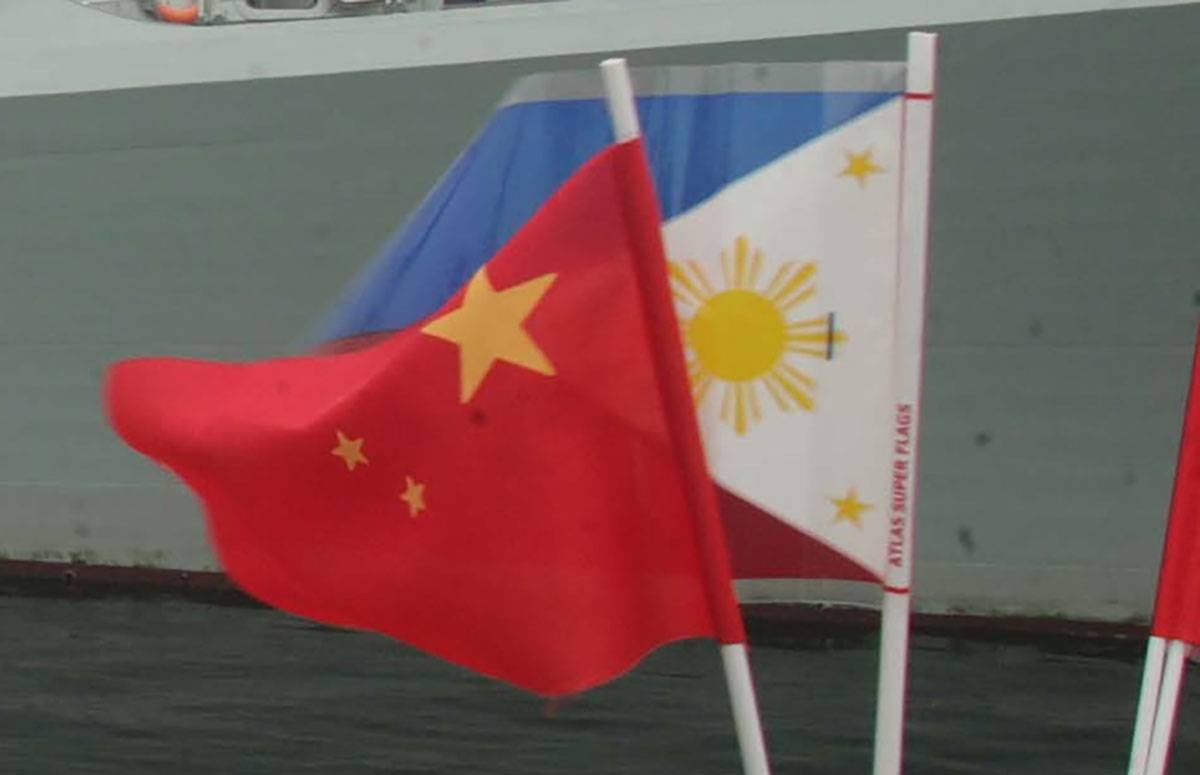'PH should nurture trade ties with China'
POLITICAL analyst and Katipunan ng Demokratikong Pilipino (KDP) President Carlos Valdes said the Philippines should leverage economic partnerships with China to foster national growth. Valdes said economic agreements with China must focus on creating jobs, enhancing workforce skills, and expanding infrastructure. He expressed confidence that existing laws were sufficient to ensure Filipino workers and industries would benefit from such arrangements. "Partnerships with China should serve as a vehicle for building our capabilities and driving growth. The modernization of our economy hinges on our ability to strengthen national institutions and enhance our industrial base," Valdes said. He said Philippine foreign policy has often been influenced by the interests of Western powers, particularly the United States and Britain. "We must adopt an independent foreign policy that avoids aligning too closely with one superpower to counter another," he added, cautioning against the risks of becoming entangled in geopolitical conflicts. Drawing parallels with China's current global expansion and Japan's rise in the 20th century, Valdes urged Filipino entrepreneurs to seize opportunities within the burgeoning Philippine-China trade relationship. Citing China's Belt and Road Initiative (BRI), Valdes said the global infrastructure echoed the visions of historical leaders of the West like Abraham Lincoln and Franklin Roosevelt. "The BRI embodies the idea of shared prosperity through infrastructure," he said, noting the current tensions between Philippines and China were "artificially induced." "We need to focus on building mutual trust and fostering trade relationships rather than being drawn into conflicts that serve the interests of superpowers," he added.

POLITICAL analyst and Katipunan ng Demokratikong Pilipino (KDP) President Carlos Valdes said the Philippines should leverage economic partnerships with China to foster national growth.
Valdes said economic agreements with China must focus on creating jobs, enhancing workforce skills, and expanding infrastructure.
He expressed confidence that existing laws were sufficient to ensure Filipino workers and industries would benefit from such arrangements.
"Partnerships with China should serve as a vehicle for building our capabilities and driving growth. The modernization of our economy hinges on our ability to strengthen national institutions and enhance our industrial base," Valdes said.
He said Philippine foreign policy has often been influenced by the interests of Western powers, particularly the United States and Britain.
"We must adopt an independent foreign policy that avoids aligning too closely with one superpower to counter another," he added, cautioning against the risks of becoming entangled in geopolitical conflicts.
Drawing parallels with China's current global expansion and Japan's rise in the 20th century, Valdes urged Filipino entrepreneurs to seize opportunities within the burgeoning Philippine-China trade relationship.
Citing China's Belt and Road Initiative (BRI), Valdes said the global infrastructure echoed the visions of historical leaders of the West like Abraham Lincoln and Franklin Roosevelt.
"The BRI embodies the idea of shared prosperity through infrastructure," he said, noting the current tensions between Philippines and China were "artificially induced."
"We need to focus on building mutual trust and fostering trade relationships rather than being drawn into conflicts that serve the interests of superpowers," he added.
















